
Unravel the secrets of microscopic life
A mobile game to contribute to research on the human microbiome developed by the Computer Science & Biology Lab at McGill University, in partnership with


Colony B is a fast paced puzzle game specifically designed for phones and tablets. But Colony B is much more than that! Every game played enables you to help researchers working on microbes and human health. Play Colony B and become a citizen scientist!
In Colony B, you are in charge of growing a colony of bacteria. Bacteria accumulate to survive. Your goal is to identify clusters of bacteria that are accumulating. Theses clusters generate points based on their density, and allow you in turn to grow your colony.
Complete colonies to collect badges. Each badge contains information about a new type of bacteria. Discover the diverse specificities of the microbes living inside our gut!
Colony B is available on Google Play and the Apple Store.
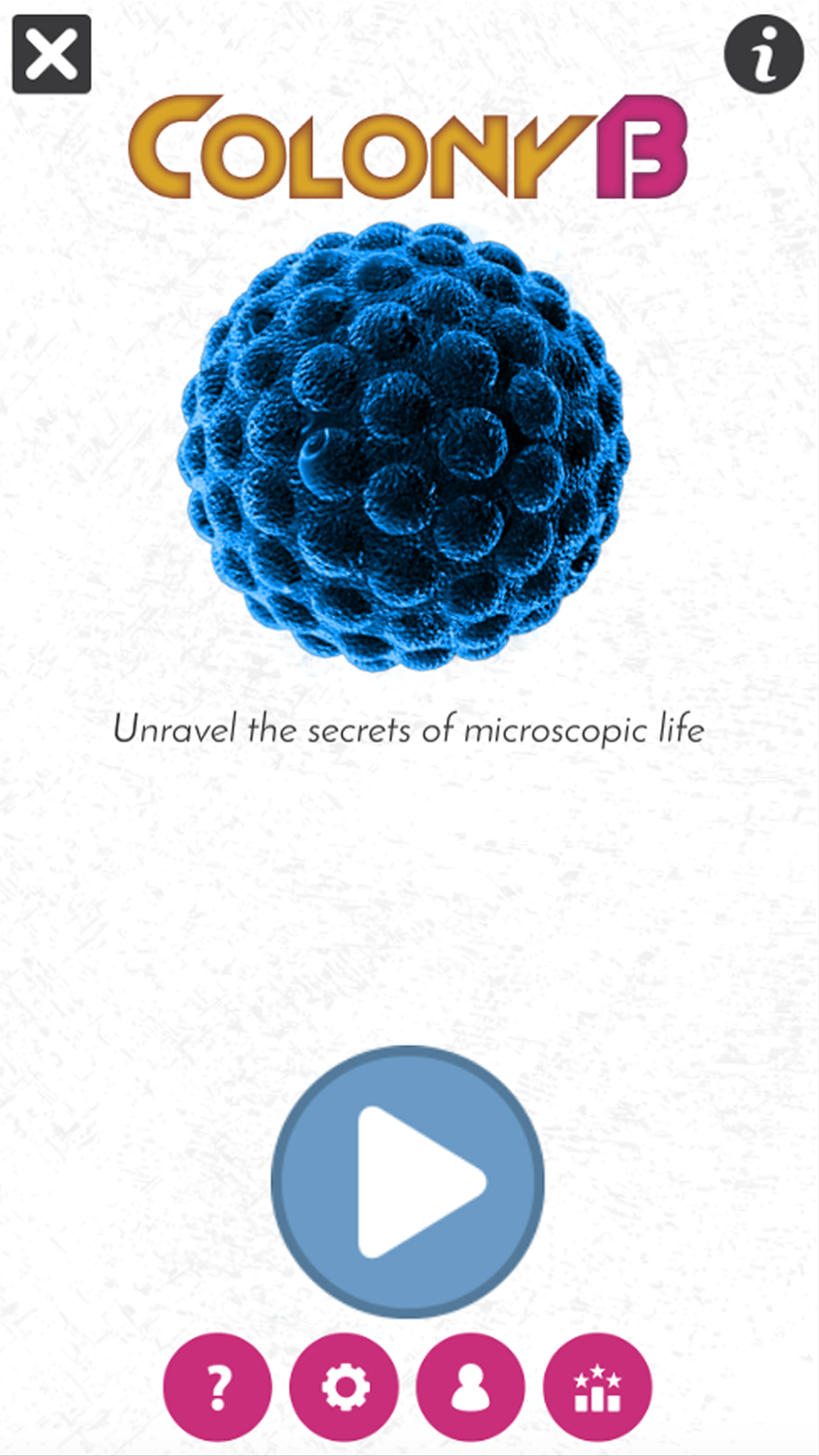
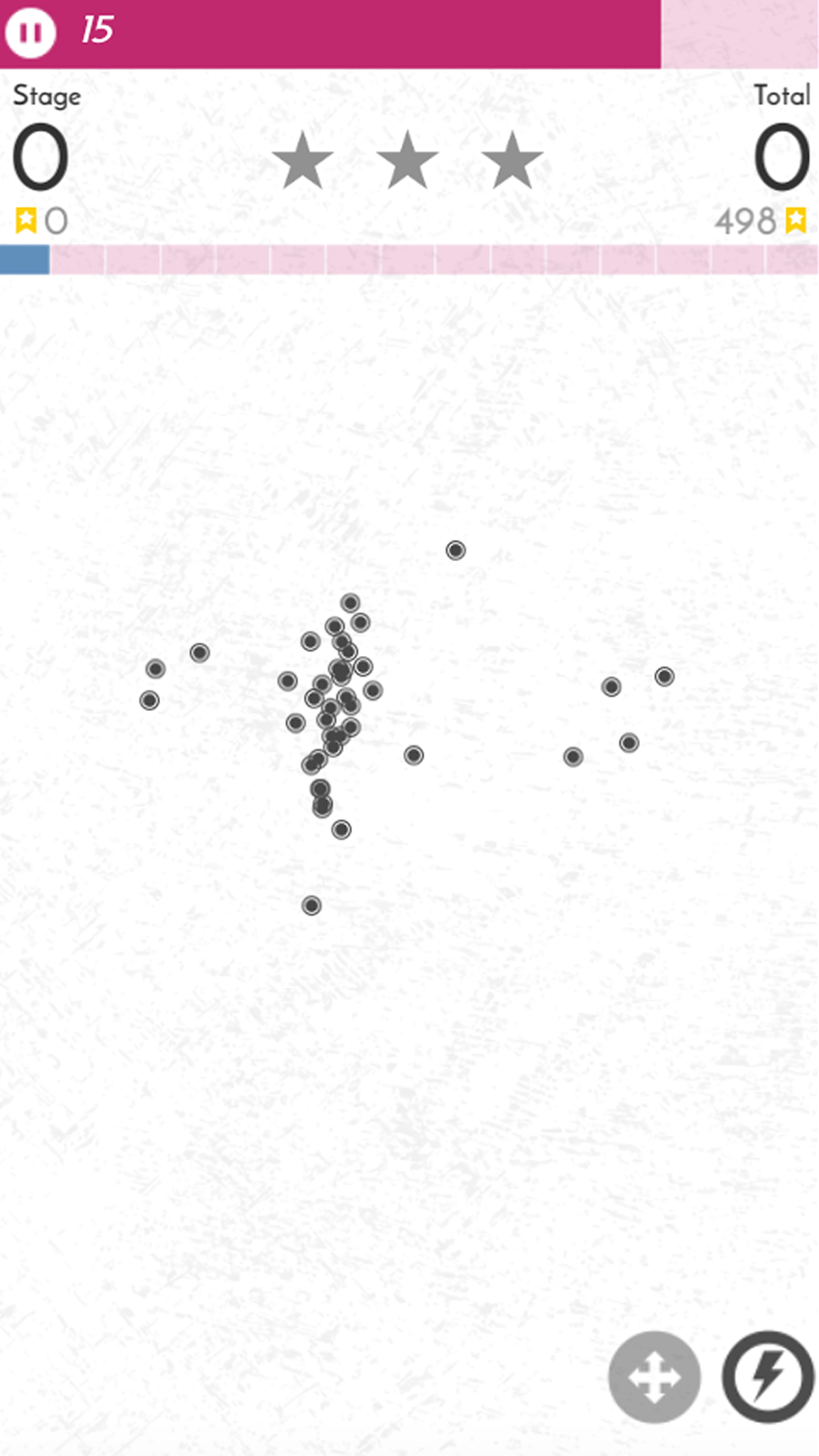
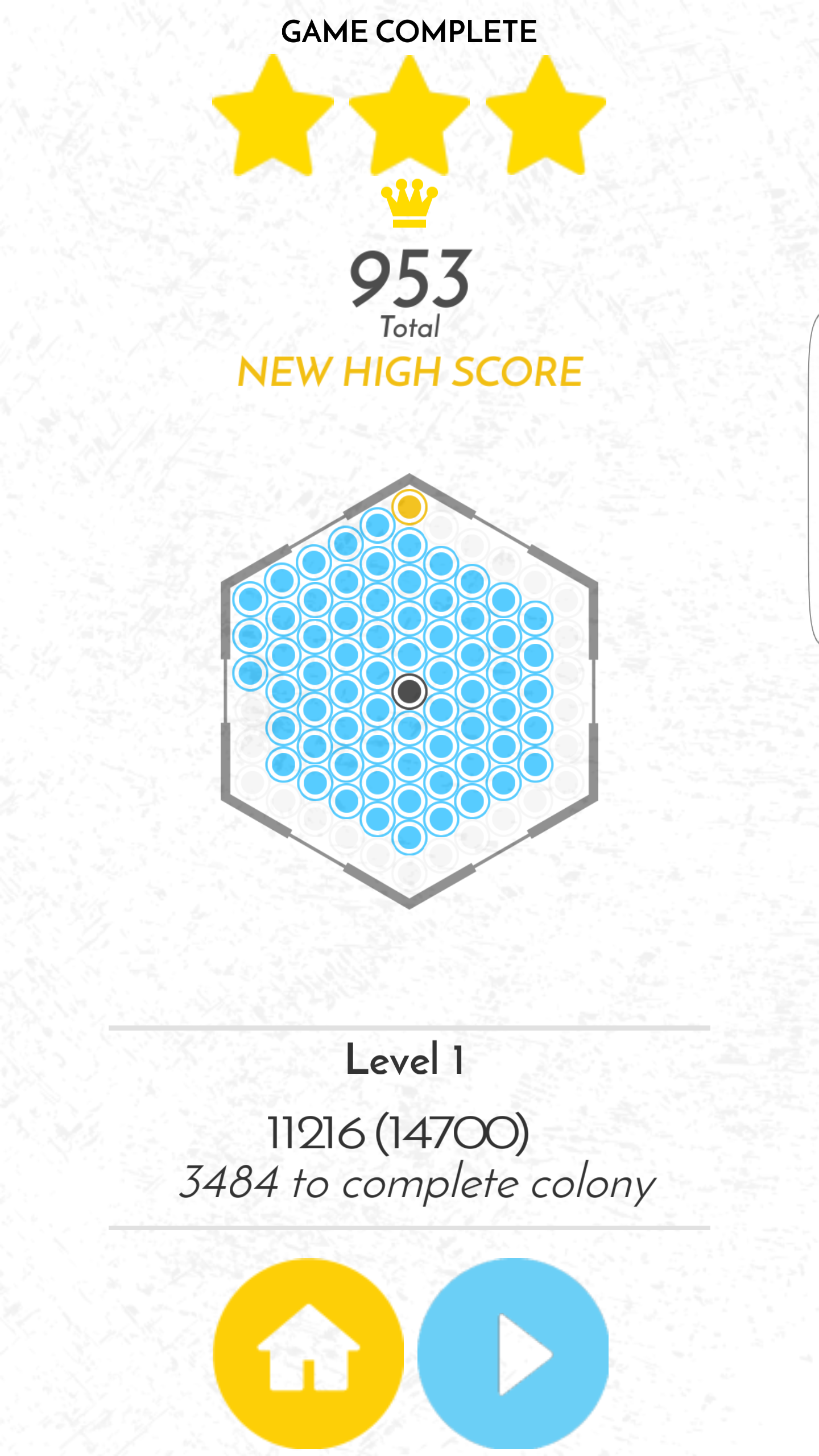
The human microbiome is all the bacteria living in and on your body. Did you know that half of the cells that form our body come from microbes? That’s a lot of organisms living alongside us that are still largely a mystery. The microbiome differs from person to person, and within each person different locations on the body have their own distinct microbial communities. This creates a lot of variation, which means a lot of data is needed in order to effectively study the microbiome.
While there have been some findings linking general trends to things like obesity, diet type, even seasonal differences, the specific way in which the microbiome impacts our health is not well understood. We have made headway into identifying all of the microbes living alongside us, but there is still much to investigate. We’ve barely scratched the surface going beyond the what microbes are there to figuring out what these microbes are doing and how they interact with our bodies and each other to impact our health. Implications into diseases, such as neurological diseases, have also been made that would not have been considered a decade ago.
This is where Colony B comes in. To reveal relationship between the microbes and our lifestyle and health, we need to identify people with similar microbial flora. This is called clustering. Clustering patterns identify how alike or unalike individuals' microbial communities are to other peoples. Our goal is to identify similar microbial communities through these clusters, and then figure which health or lifestyle factors drive these clusters-then we can discover new connections between the microbiome and human health and disease, and focus research on those connections to learn more about them.
Learn more about the American Gut project.
What is Colony B?
Colony B is a mobile game developed at McGill University that allows you to participate to research in microbiology. Every game you play helps us to understand the microscopic life in the human gut.
How do I contribute to research?
The solutions to the puzzles your are playing help us to identify groups of people with similar microbes. This information enables us to reveal links between the microbes living inside us, and our lifestyle or health condition.
Who is using it?
We have partnered with the American Gut project, one of the largest crowdsourced and crowdfunded citizen-science project, which provides us the data you are analyzing when playing.
What is the American Gut project?
The American Gut Project is a crowd-sourced, open source citizen science project aiming to characterize all the microbes living in and on your body. The data needed for this research are provided by volunteers. Anyone can participate. All the data are anonymized to guarantee the confidentiality of the participants, and the results collected through this project are publicly available to researchers from all over the world.
Why do you need humans to analyze your data?
There is no universal agreement on a eaxct definition of what a group of people with similar microbial profiles is. Colony B uses intuition and visual pattern recognition skills of humans to classify participants of the American Gut project. This information aims to help us to produce more reliable results than with classical algorithms only.
Are you also using computers?
Absolutely. Computers are fast but they need help for the most difficult classifications. We resort to gamers for the most challenging tasks and to guide the computers!
Why is Colony B unique?
Although you may not notice it, with Colony B you interact directly with the scientific data. Every action in your game is used to classify the microbes. Colony B has also been specifically designed for mobile devices. You can play it offline for a couple of minutes, during your daily commute for instance, and make significant contributions to research.
Why do you need registered participants?
Registration enables us to follow your progress, send you puzzles adapted to your level, and improve the performance of our system accordingly. We only request your email address to allow you reset your password and, if you request it, to send you feedback about your contribution to science. We will never share this information.
We warmly thank all participants to Colony B. This section celebrates all players who accumulated 1,000,000 points. Congratulations Millionaires!
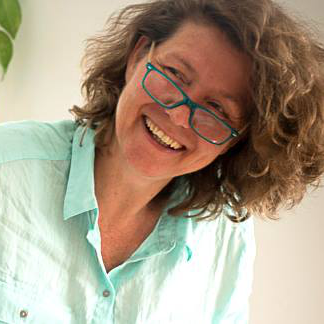
Country: Germany
What motivates you to play Colony B? I am interested in all aspects of the human microbiome. I hope that this research will contribute to shed some light on various autoimmune diseases and the constitution of the gut.
Advices for newcomers? Do not encircle all dots except one, because that will give you ZERO points. Bummer!

Country: Canada
What motivates you to play Colony B? We often speak about bacteria living in the gut with friends. I usually do crossed words and sudoku... but it is useless. I have never played other video game but Colony B allows me to contribute to an interesting research.
Advices for newcomers? Never leave one single bacteria out of the group. The results would be 0. You must at least leave 2 bacteria outside the group.


Country: Canada
What motivates you to play Colony B?I like the idea of helping science.
Advices for newcomers? Just to participate. Thank you!

Country: Canada
What motivates you to play Colony B? I am interested in the microbiome. I am also impressed by the concept of the game that allows us to contribute to your research.
Advices for newcomers? Share the game with your friends!

Since: October 25th, 2016.
Country: Canada
What motivates you to play Colony B? I understand that the analysis of scientific data can be complex, and this human-computer approach through a game is interesting.
Advices for newcomers? The highest scoring cluster is not necessarily the largest one!





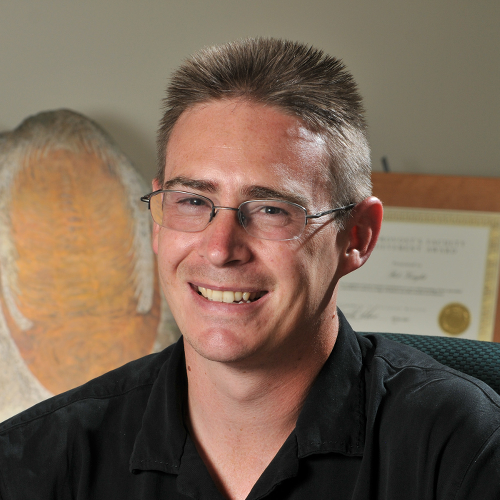
Professor of Pediatrics and Computer Science and Engineering. University of California at San Diego.
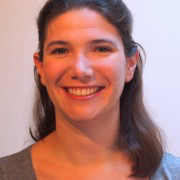
Postdoctoral researcher. University of California at San Diego.
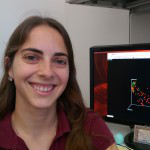
Assistant Project Scientist. University of California at San Diego.
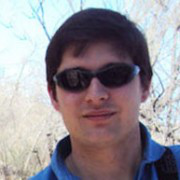
PhD student in Computer Science and Engineering. University of California at San Diego.

PhD student in Computer Science and Engineering. University of California at San Diego.
Credits image: Kateryna Kon/Shutterstock.com
Feel free to email us to ask any question you may have, provide some feedback, or to just say hello!